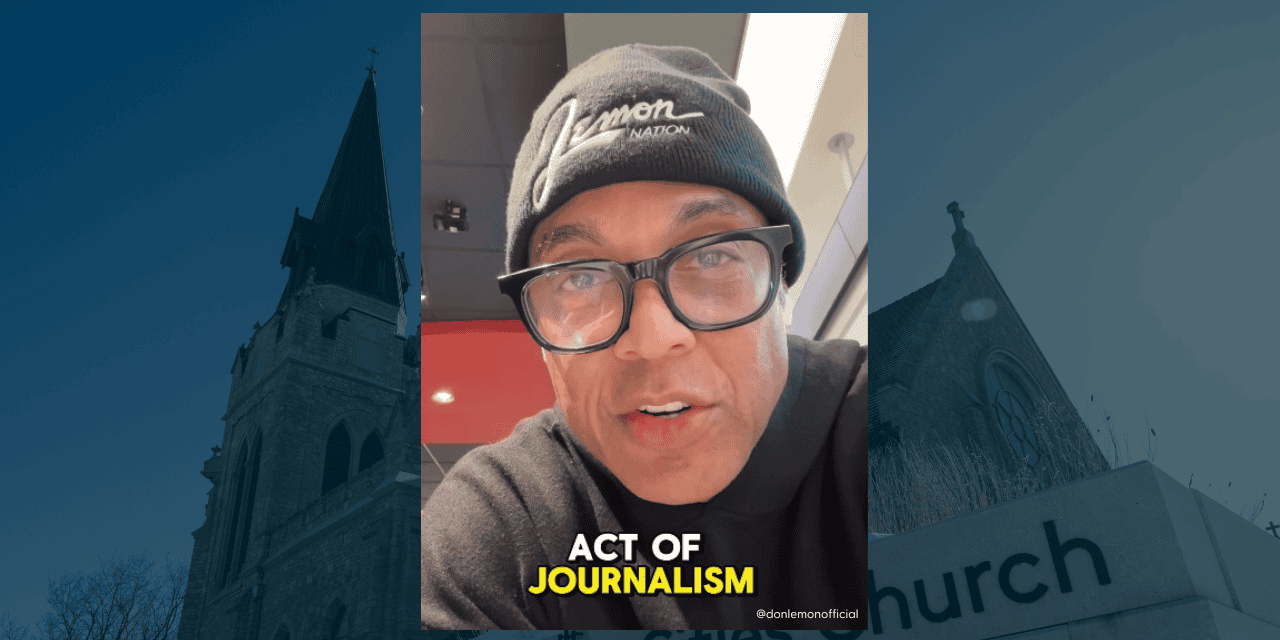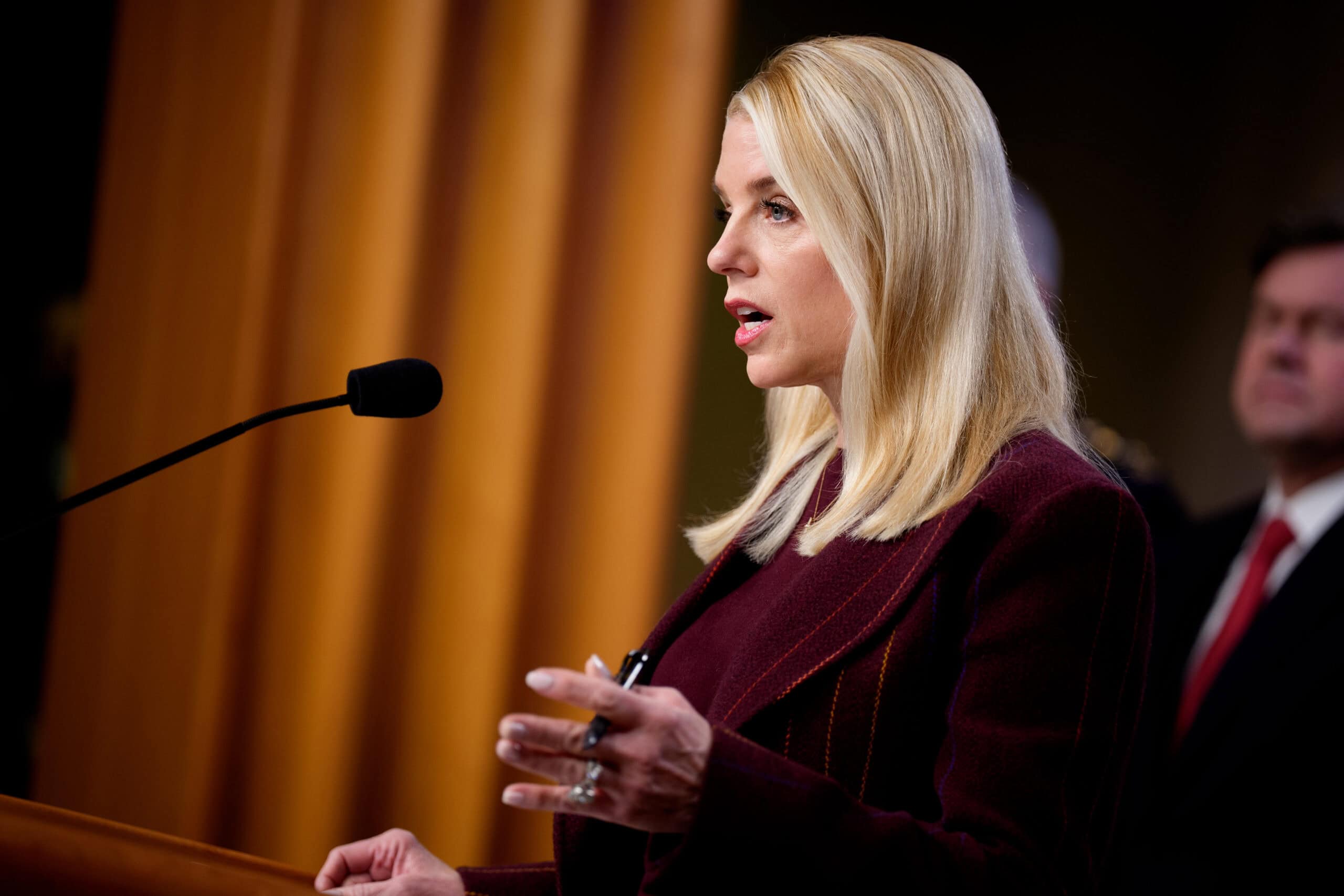Supreme Court Strikes Down California’s Restrictions on In-Home Worship Gatherings

In a late-night order on Friday, the United States Supreme Court struck down California’s restrictions prohibiting religious in-home gatherings, including Bible studies and worship activities, involving people from more than three households.
The 5-4 decision was made largely on ideological lines, with the exception of Chief Justice John Roberts who dissented from the opinion, joining the court’s liberal wing. The opinion overrules the Ninth Circuit Court of Appeals which had originally upheld California’s restrictions on in-home worship gatherings.
The majority opinion was “per curiam,” meaning it was attributed to the court, rather than one specific justice.
“Government regulations are not neutral and generally applicable, and therefore trigger strict scrutiny under the Free Exercise Clause, whenever they treat any comparable secular activity more favorably than religious exercise,” the court opinion stated.
In addition to a few other points, the majority opinion held that “California treats some comparable secular activities more favorably than at-home religious exercise, permitting hair salons, retail stores, personal care services, movie theaters, private suites at sporting events and concerts, and indoor restaurants to bring together more than three households at a time.”
According to the majority of the court’s justices, this disparate treatment where California treats some secular activity more favorably than a comparable religious one violates the First Amendment.
The court also pointed out that this is now the fifth time the Supreme Court has overruled the Ninth Circuit’s analysis of California’s COVID restrictions on religious activities. “California’s Blueprint System contains myriad exceptions and accommodations for comparable activities, thus requiring the application of strict scrutiny,” the court said.
The Supreme Court’s liberal wing, led by Justice Kagan and joined by Justices Breyer and Sotomayor, argued that California’s restrictions should be permitted.
“California limits religious gatherings in homes to three households. If the State also limits all secular gatherings in homes to three households, it has complied with the First Amendment,” Justice Kagan wrote.
The liberal wing believes that California does not have to treat at-home religious gatherings like hair salons or hardware stores as long as it treats at-home secular gatherings the same as religious ones.
But the court’s majority opinion answers this objection, arguing that comparability is not based on the reasons people may gather. “Comparability is concerned with the risks various activities pose, not the reasons why people gather,” the per curiam opinion stated.
For more background on the case, as recounted by The Daily Citizen following the 9th Circuit’s opinion, “several individuals argued that state and county restrictions treated religion differently than analogous secular businesses conducted in small spaces, such as hair salons, barber shops and tattoo parlors.
“In a 2-1 decision, the 9th Circuit rejected their arguments, essentially ruling that those businesses were not analogous, and only other in-home activities could be considered similar types of activities for the sake of comparison. And since all in-home activities were treated the same under the law, the majority opinion reasoned, the law was ‘neutral and generally applicable’ and did not target religion for unequal treatment.
“In dissent, however, Judge Patrick Bumatay, a 2019 appointment to the court, was highly critical of the majority’s failure to apply recent decisions of the U.S. Supreme Court on this very issue, including a couple dealing with California’s COVID restrictions as they applied to houses of worship.
“‘The purpose of the Constitution was to place certain freedoms beyond the whims of the government,’ Bumatay wrote. ‘Even in times of crisis, we do not shrink from our duty to safeguard those rights. Freedom of worship is one of those enshrined rights, and the Supreme Court’s instructions have been clear, repeated, and insistent: no COVID-19 restriction can disfavor religious practice.’”
For Christian Americans who have been frightened by government overreach restricting religious practices within the past year, the high court’s opinion on Friday is more welcome news.
The case is Tandon v. Newsom.
Related Articles:
9th Circuit Upholds California COVID Restriction Against Home Bible Studies
You can follow this author on Parler @ZacharyMettler
Photo from Shutterstock
ABOUT THE AUTHOR
Zachary Mettler is a writer/analyst for the Daily Citizen at Focus on the Family. In his role, he writes about current political issues, U.S. history, political philosophy, and culture. Mettler earned his Bachelor’s degree from William Jessup University and is an alumnus of the Young Leaders Program at The Heritage Foundation. In addition to the Daily Citizen, his written pieces have appeared in the Daily Wire, the Washington Times, the Washington Examiner, Newsweek, Townhall, the Daily Signal, the Christian Post, Charisma News and other outlets.
Related Posts

Was Don Lemon a Protestor, a Journalist or a Worshipper in Cities Church Disruption?
February 13, 2026

Pastor Son’s Trial and the Crisis in South Korea
January 22, 2026


